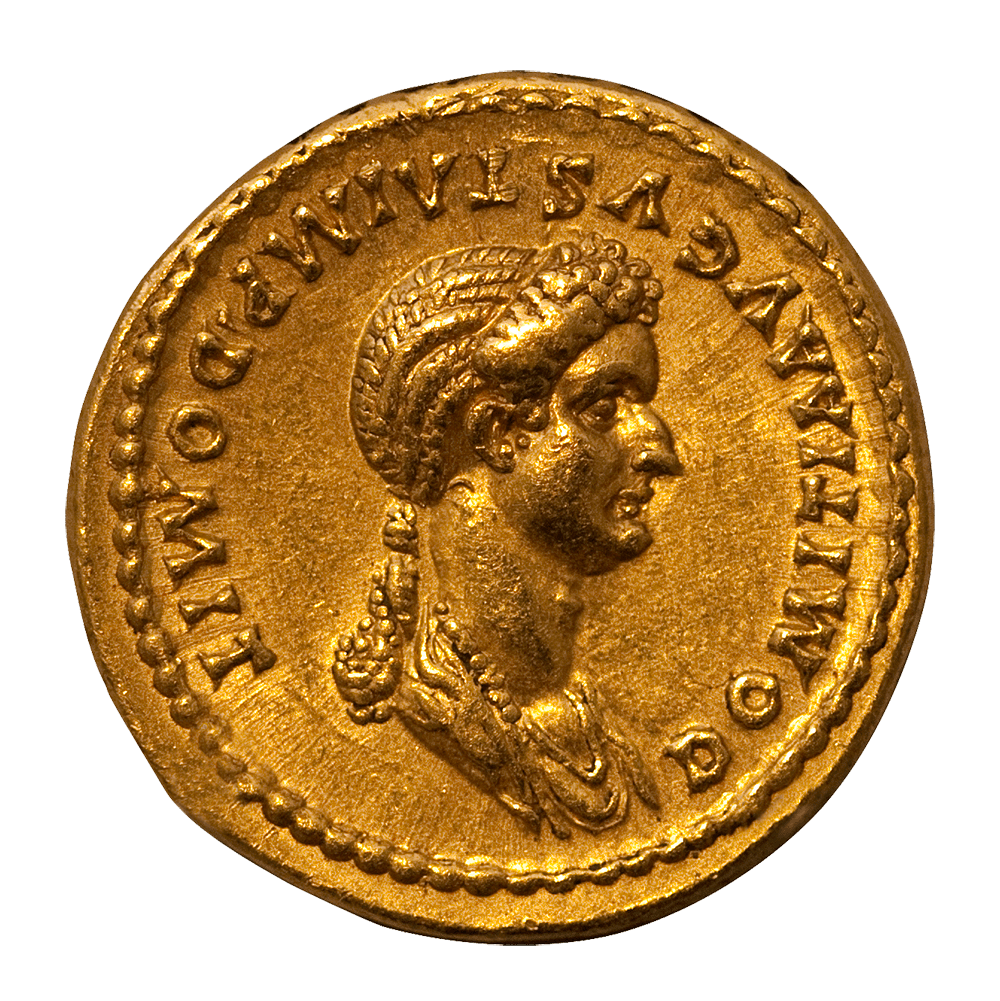
The Sunday Times rich list would have excited the male citizens over the age of 18 who determined state policy in the Athenian assembly in the 5th century bc. The reason is that Athens levied taxes on citizens by their wealth, as judged by the property they owned. The most important tax was the leitourgia (source of our ‘liturgy’). This was imposed upon the 300 wealthiest Athenians and was hypothecated on two specific projects: the funding of the annual comic and dramatic festivals (one of which involved, among much else, the training of 1,165 men and boys for months on end) and the funding and maintenance of fully equipped Athenian triremes, which controlled Athens’s marine empire. At times of emergency, mainly war, a further tax was levied on the 6,000 wealthiest.
For many Athenians it was a matter of pride to be asked to carry out a liturgy. Done well, it brought with it great prestige as well as political benefits. Indeed, we hear of Athenians who volunteered to be liturgists, even if they did not technically qualify. However, it was possible to avoid it if you could prove that someone was richer than you. If you succeeded, he did the liturgy; if not, you did.
Such liturgies were one of the main features of an ingrained culture of euergesia (‘good works’) among the great and good, in a world in which the vast majority were extremely poor, and the Romans adopted it (they translated it beneficium). But there was a problem: Roman society ran on the principle of the quid pro quo. Should one not return a good deed? Did this make receiving a benefit a nuisance? No, said Seneca. He defined a beneficium as ‘an action which both provides and generates pleasure in the doing, from a natural and spontaneous inclination’. Virtue, then, was its own reward. In that spirit, when a famous Greek benefactor, T. Claudius Atticus, offered to hand over his vast fortune to the emperor Nerva, he replied, ‘Keep it, and use it well.’
If only the government used our money well. So keep up the good work, euergetists, especially if you value the study of the ancient world.







Comments